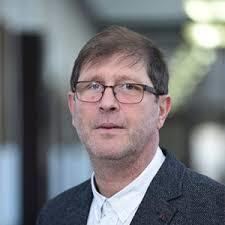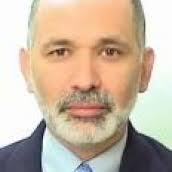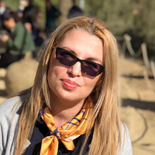Event Summary
Speakers
- Radu Vacareanu, Technical University of Civil Engineering of Bucharest, Romania
- António Sousa Gago, Instituto Superior Tecnico, Portugal
- Fernando Ramirez Cortes, World Bank
- Alina Sava, World Bank, Romania
Description
Thursday 28 November, 16:00 – 17:30, Nicolae Iorga Room
Natural disasters and climate change can have a devastating effect on children’s education, affecting students, teachers, school communities as well as destroying infrastructure. In addition, disasters can have long-lasting impacts on the learning environment and development opportunities for children. This session focuses on the key drivers to improve the safety and quality of school infrastructure at a large scale, highlighting some of the key challenges but also opportunities in merging safety and quality priorities. Providing safer schools environment cannot be seen as stand-alone priority. While safety is required, it is not sufficient to ensure a quality learning environment which depends also on other functions. Interventions at scale aim to articulate and prioritize interventions to progressively meet the safety and functional targets in a large portfolio of existing school facilities, in order to maximize benefits for children.
This session will bring together global experience from different countries to showcase examples in improving the safety of school infrastructure to natural disasters and climate change, in conjunction with upgrades on functional conditions.
Speaker bios
 Radu Vacareanu Technical University of Civil Engineering of Bucharest, Romania
Radu Vacareanu Technical University of Civil Engineering of Bucharest, Romania
 António Sousa Gago, Instituto Superior Tecnico, Portugal
António Sousa Gago, Instituto Superior Tecnico, Portugal
 Fernando Ramirez Cortes, World Bank
Fernando Ramirez Cortes, World Bank
 Alina Sava, World Bank, Romania
Alina Sava, World Bank, Romania
